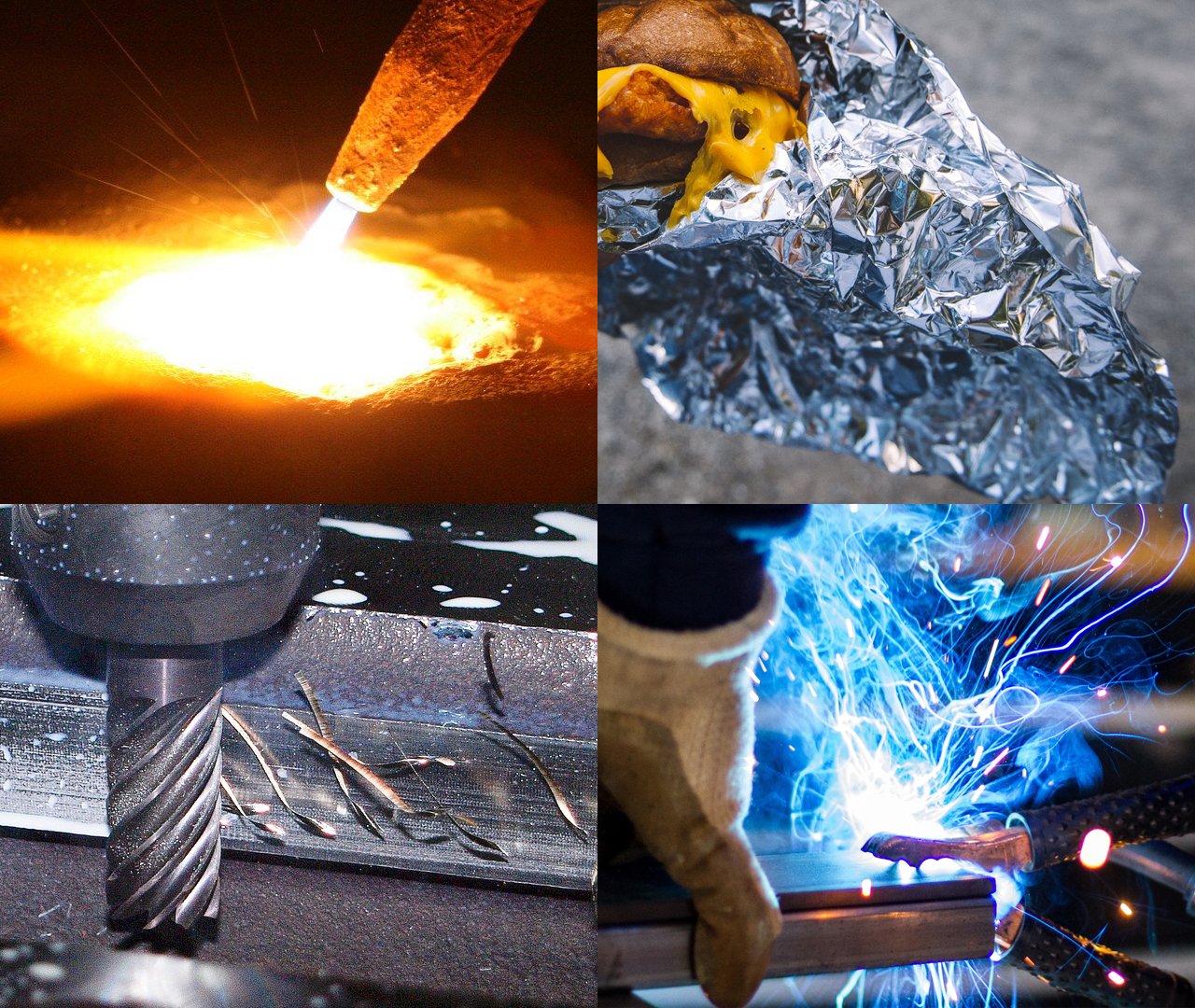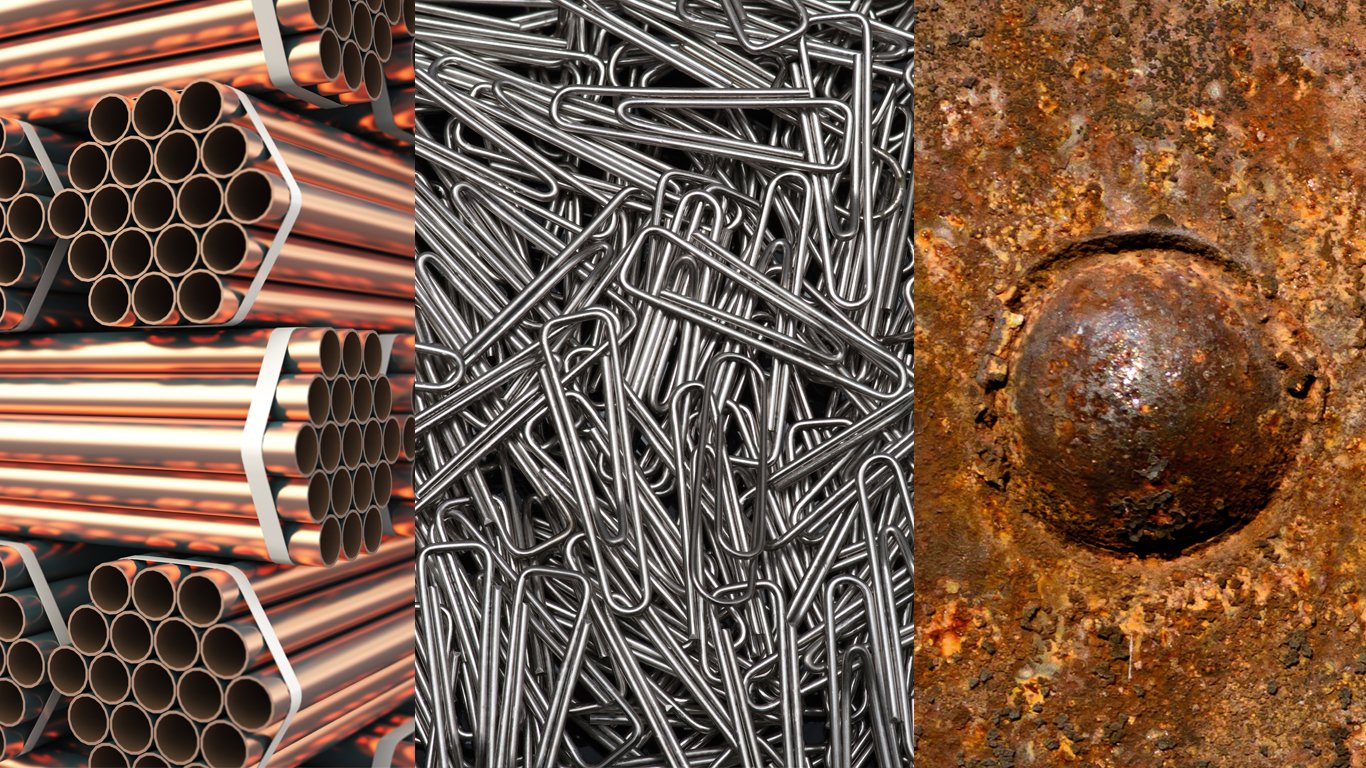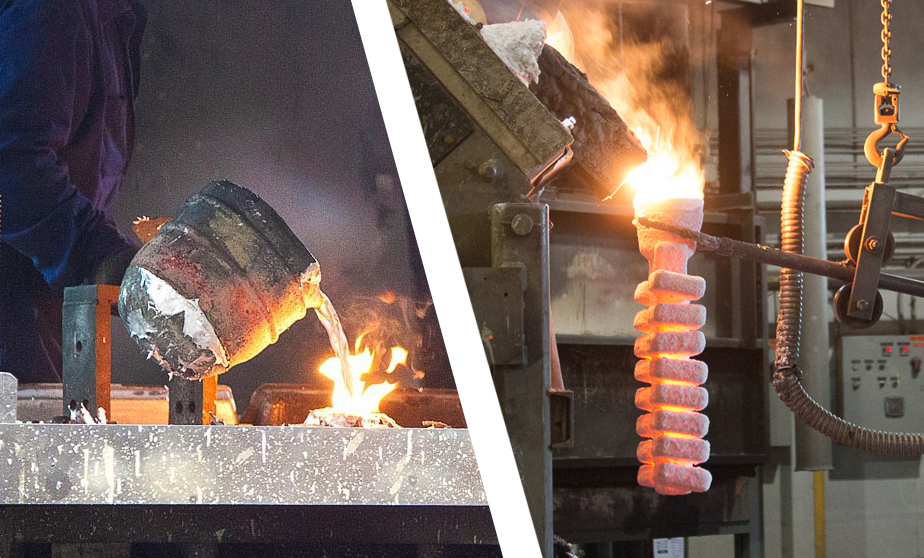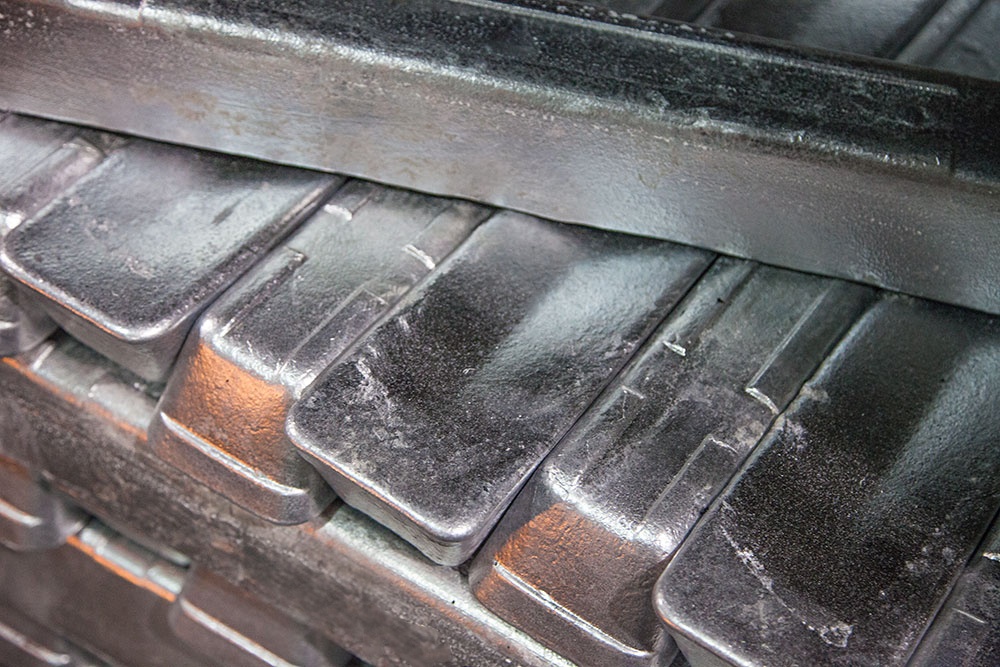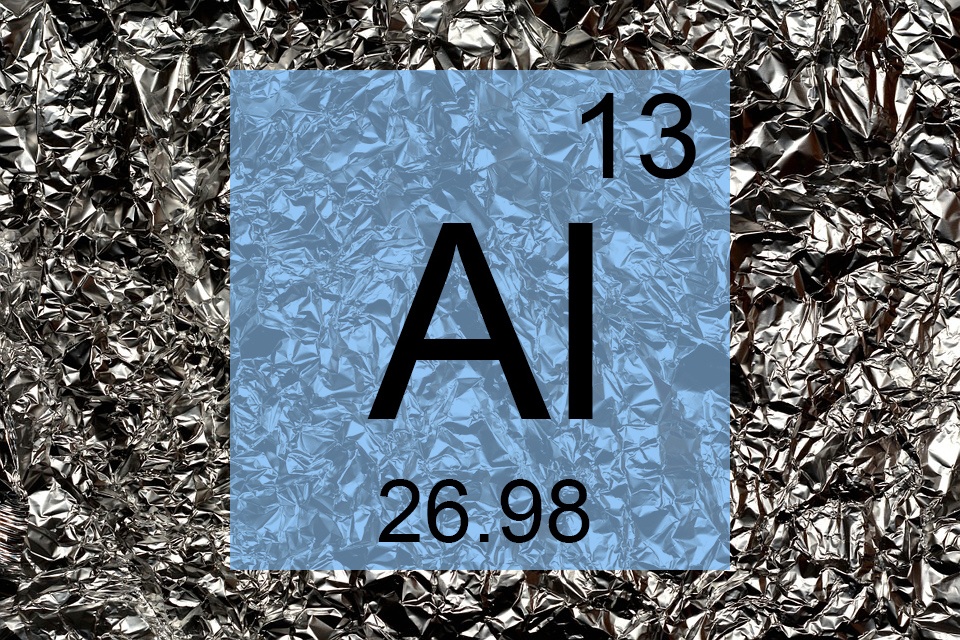Metal Properties: Corrosion Resistance
Corrosion is a common challenge affecting the surface of most metal parts. While corrosion often only affects the aesthetics of a metal part, severe corrosion can affect performance and can even lead to equipment failure. Corrosion is such a widespread challenge that the global cost of corrosion is estimated to be $2.5 trillion annually, according to a study by the National Association of Corrosion Engineers (NACE).
Here we explore many of the ways corrosion can manifest in a material, and the techniques manufacturers use to prevent corrosion from affecting part performance.
Tags: Materials, Metals, Metallurgy, Metal Properties, Physical Properties
Overview of Mechanical Properties of Metals
In the metal manufacturing industry, mechanical properties play a huge role when choosing the right alloy for each job. Throughout casting and machining processes, as well as during the product's useful life, the chosen material will be subject to many external forces. It’s up to the manufacturers to create products that perform as needed every step of the way. By understanding mechanical properties, manufacturing professionals can make the right choices for materials and processes.
Tags: Materials, Metals, Metallurgy, Metal Properties, Mechanical Properties
Overview of Physical Properties of Metals
Physical properties are an important way of distinguishing one material from another. In the study and application of metallurgy, physical properties are often considered a broader category than mechanical properties, but not all properties overlap. Physical properties are most easily distinguished from mechanical properties by the method of testing. While mechanical properties require forces to be applied to obtain a measurement, physical properties can be measured without changing the material.
Tags: Materials, Metallurgy, Metal Properties
Metal Properties: Introduction
Metals are all around us, in the things we use to cook, drive, work, and live. When choosing a metal for a cast product or other specific application, it’s important to make sure that its properties will be suitable for the expected operating conditions.
There’s a big difference between the kind of metal used in a skyscraper and the kind of metal used in a gate valve. Some metals are pure elements, like iron (Fe) and aluminum (Al), but most products are made from alloys, or mixtures of metals. Manufacturers must consider many variables before deciding which alloy to use for a particular product.
Tags: Materials, Metals, Metal Properties
Aluminum Casting vs. Steel Casting: Choosing the Right Alloy for Your Cast Products
In modern metalcasting, steel and aluminum are two contenders for the top material of choice. Thousands of manufacturers around the world rely on both metals to produce strong, light and corrosion-resistant metal parts and products.
You'll find hundreds of different grades and alloys for both steel and aluminum, and each has its specific advantages and disadvantages. For this comparison, we'll focus on differences between aluminum and steel alloys in general, rather than zooming in on differences between specific alloys.
Tags: Metalcasting, Machining, Aluminum Casting, Aluminum, Materials
All About Al: Aluminum's Winning Properties
Recently in our All About Al blog series we discussed aluminum's history and origins. Now we're getting deeper into why aluminum is the perfect material for manufacturing such a wide range of products.
Aluminum owes its versatility in manufacturing to a unique set of properties. These include:
- Low melting temperature
- Excellent malleability
- Light weight
- Corrosion resistance
Tags: Aluminum Casting, Aluminum, Materials, All About Al
All About Al: Crash Course in Aluminum History
Aluminum is the third most common element on our planet. It’s by far the most abundant metal, and it’s also one of the most versatile.
Aluminum is light, strong, flexible and corrosion resistant. It can also be shaped relatively easily, in both a solid and molten state, and can be stamped to widths thinner than the human hair.
You’ll find aluminum in everything from buildings to cars, from Pepsi cans to laptops, and from power lines to bullet trains. But where does this one-of-a-kind metal come from, and how did it get to be so widely used?
Tags: Metalcasting, Aluminum Casting, Aluminum, Materials, All About Al
8 Key Metals Used in Casting
We're here to talk about METAL
No, not that kind of metal–actual metal, like the kind that your car is made out of, that replaced your uncle's bad knee, that holds up the skyscrapers downtown, that keeps cruise ships afloat, that built the rocket that catapulted the telecom satellite into space so you can have an internet connection, that makes up that satellite...
A lot of things are made out of metal. You get the idea.
Tags: Materials, Metals, Metal Properties





